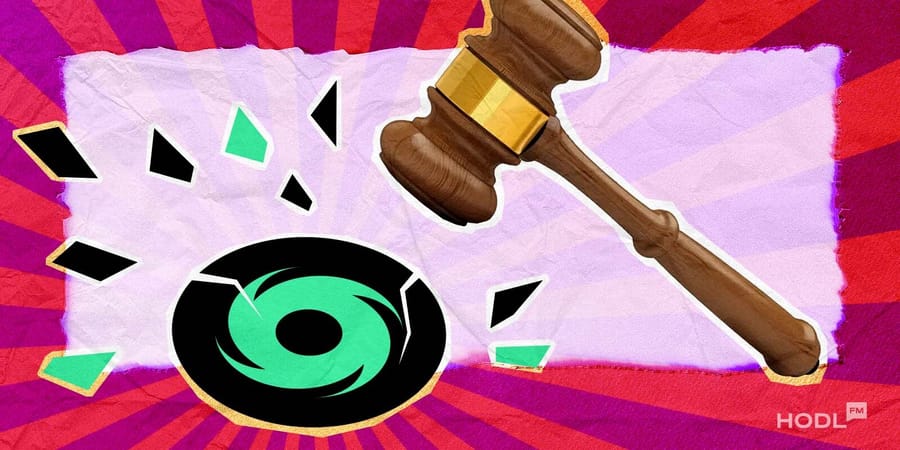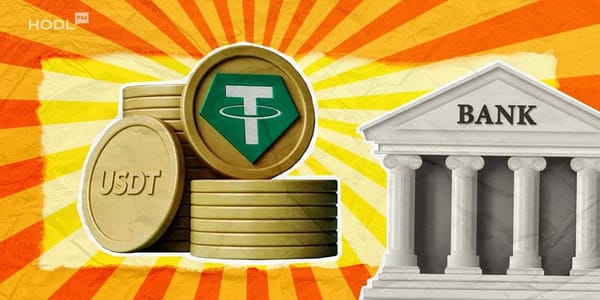A recent decision by a federal appeals court in the United States has set an important precedent for cryptocurrency regulation and open-source software protection. The court ruled that the Treasury Department's sanctions against the crypto mixer Tornado Cash overstepped legal boundaries. The court's main argument is that immutable code isn’t “property” that can be sanctioned, because it doesn’t belong to any specific individual or organization.
The plaintiffs, who had used Tornado Cash for legitimate purposes, found themselves in a bind when their funds were frozen following the sanctions. They accused the Treasury of overreach and violating their rights, and their case gained the backing of crypto exchange Coinbase. While a Texas federal court dismissed their claims back in August 2023, the Fifth Circuit Court of Appeals reversed that decision, declaring the sanctions against Tornado Cash unlawful.
Coinbase Chief Legal Officer Paul Grewal said the legal victory was a significant milestone for the industry because it showed that the courts were willing to protect the rights of cryptocurrency users.
Privacy wins. Today the Fifth Circuit held that @USTreasury’s sanctions against Tornado Cash smart contracts are unlawful. This is a historic win for crypto and all who cares about defending liberty. @coinbase is proud to have helped lead this important challenge. 1/6
— paulgrewal.eth (@iampaulgrewal) November 26, 2024
Meanwhile, Bill Hughes, senior counsel at Consensys, pointed out the core issue: “The problem was smart contracts without an admin key.”
Sanctions Context
In late 2022, the Office of Foreign Assets Control (OFAC) sanctioned Tornado Cash, an open-source crypto transaction protocol designed to enable anonymous transfers by obfuscating the origin and destination of digital assets. OFAC blacklisted Tornado Cash for its role in laundering virtual currency.
Here's the list of Tornado Cash resources that were banned
— 🌪️ Tornado.cash 🌪️ (@TornadoCash) August 9, 2022
- Tornado Cash @GitHub organization
- personal @GitHub accounts of TC contributors
- all $USDC on Tornado Cash contracts @circlepay
- @infura_io RPC
- @AlchemyPlatform RPC
- https://t.co/SHvgEjTOMV domain @eth_limo
According to the Treasury’s press release announcing the sanctions, Tornado Cash played a starring role in laundering over $455 million in cryptocurrency stolen from Axie Infinity’s Ronin Bridge by Lazarus Group, a hacker group allegedly backed by North Korea. As well as receiving funds stolen from Harmony Bridge and Nomad Bridge in June and August 2022.
By adding Tornado Cash to the list of Specially Designated Nationals (SDN), OFAC effectively banned all transactions involving its "property", a term they stretched to include open-source computer code, or in simpler terms, smart contracts.
Yet, sanctions or no sanctions, the crypto mixer remains alive and kicking. This means sanctioned entities can still use the platform, despite the Treasury's efforts to block their access.
A Win for Privacy
This legal victory stems from a lawsuit filed in 2022 by Joseph Van Loon and five other plaintiffs against Treasury Secretary Janet Yellen, OFAC, and its director Andrea Gacki. The court suggested that the focus should be on the specific individuals or entities using the software for illicit activity, rather than the technology itself.
The court determined:
Perhaps Congress will update IEEPA, enacted during the Carter Administration, to target modern technologies like crypto-mixing software. Until then, we hold that Tornado Cash’s immutable smart contracts (the lines of privacy-enabling software code) are not the “property” of a foreign national or entity, meaning they cannot be blocked under IEEPA, and OFAC overstepped its congressionally defined authority.
The ruling is a significant win for the crypto industry, reinforcing the principle that open-source technology shouldn’t be held accountable for the actions of its users. In other words, code doesn’t commit crimes — people do.

Disclaimer: All materials on this site are for informational purposes only. None of the material should be interpreted as investment advice. Please note that despite the nature of much of the material created and hosted on this website, HODL FM is not a financial reference resource and the opinions of authors and other contributors are their own and should not be taken as financial advice. If you require advice of this sort, HODL FM strongly recommends contacting a qualified industry professional.





